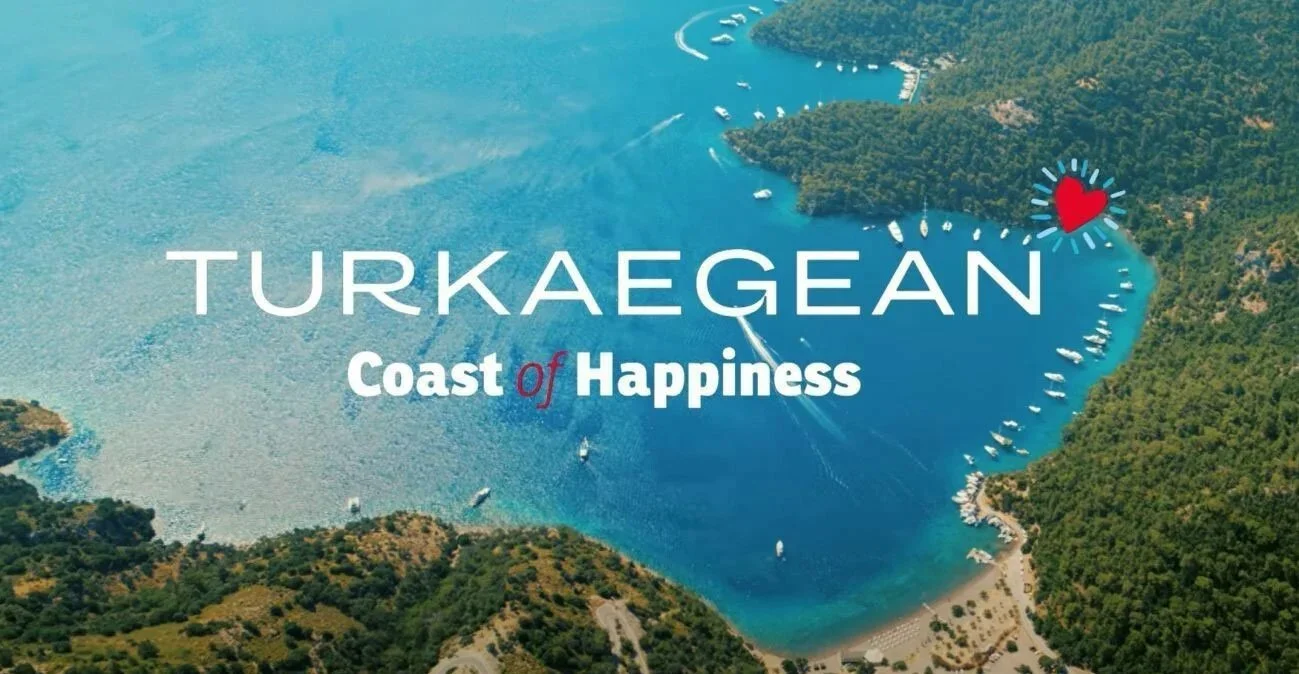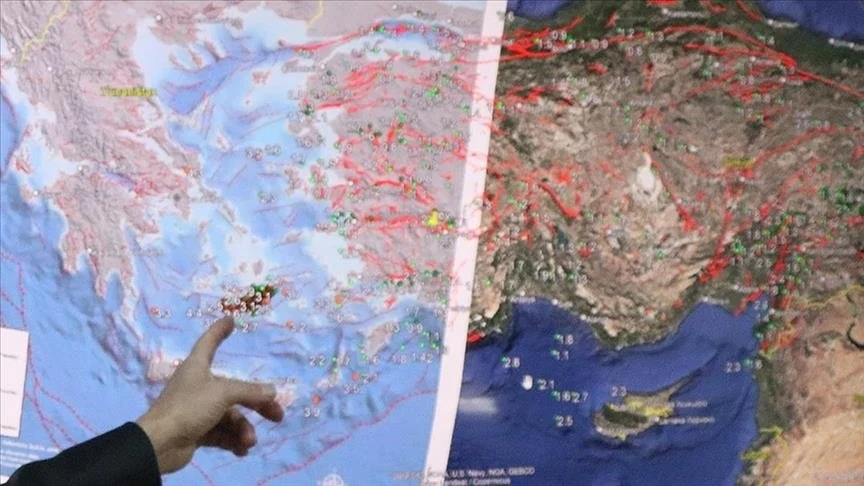The acting governor of Russia’s Kursk region, Alexei Smirnov, revealed on Monday that the ongoing Ukrainian invasion has forced the evacuation of 121,000 residents, with plans to relocate another 59,000 from vulnerable areas. Kursk, a border region, has been a focal point in the recent escalation, marking the first time since World War II that Russia has lost territory to a foreign power.
Reports emerged on August 6 indicating that Ukrainian forces had crossed into Kursk, seizing territory long used by Russia to launch attacks on Ukraine. This invasion is the first instance since the start of Russia's "special military operation" in February 2022 where Ukraine has pushed Russian forces back into uncontested Russian territory.
In January, Ukrainian President Volodymyr Zelensky provocatively labeled Kursk and five other Russian territories as “historically” Ukrainian, foreshadowing the current military actions. In contrast, Russian President Vladimir Putin has previously justified the annexation of five Ukrainian regions—Crimea in 2014 and Donetsk, Luhansk, Kherson, and Zaporizhzhia in 2022—arguing they rightfully belong to Russia.
During a meeting with Putin, Smirnov disclosed the scale of the evacuation, describing the situation as dire. “The enemy controls 28 communities, having penetrated 12 kilometers into the Kursk Region with a 40-kilometer-wide frontline,” Smirnov stated, according to a Kremlin translation. Putin interrupted to shift the focus to humanitarian concerns, urging Smirnov to leave military discussions to the armed forces.
Smirnov highlighted the challenges faced in the evacuation process, noting that 180,000 people are affected. “As of today, 121,000 have been evacuated, and efforts continue for the remaining 59,000,” he said. He also raised concerns about petty crime in deserted areas, which has necessitated the banning of alcohol sales to prevent looting.
The governor admitted that the military situation is chaotic, making it difficult to coordinate combat units. Meanwhile, Putin used the meeting to address the Russian public, accusing Ukraine of attempting to sow discord and fear within Russia. “It seems the opponent is aiming to strengthen their negotiating position for the future,” Putin observed. He warned that the incursion could spread to other border regions, including Bryansk and Belgorod.
In Belgorod, authorities have begun planning for the potential evacuation of up to 11,000 people as the situation deteriorates. Governor Vyacheslav Gladkov informed Putin that over 30,000 houses and apartments have been damaged over the past 2.5 years, with restoration efforts hindered by ongoing conflict.
Ukrainian officials have largely remained silent on the situation in Kursk, with Zelensky only recently addressing the issue. In a national address, he referred to the conflict in Kursk as "the disaster of [Putin’s] war," emphasizing that the incursion is a defensive measure rather than an attempt to annex Russian territory. Zelensky underscored that Ukraine’s operations aim to neutralize areas used by Russia to launch attacks on Ukrainian soil, particularly the Sumy region, which has endured nearly 2,100 shelling incidents since June 1.
The Ukrainian Foreign Affairs Ministry echoed Zelensky’s sentiment, arguing that the invasion is necessary due to the lack of Western support for long-range missile strikes against Russia. A ministry spokesperson stated that Ukraine must continue to secure its borders by liberating areas occupied by Russian forces.
“The sooner Russia agrees to a just peace, as outlined in the Peace Formula, the sooner these defensive operations on Russian territory will cease,” the spokesperson concluded.









